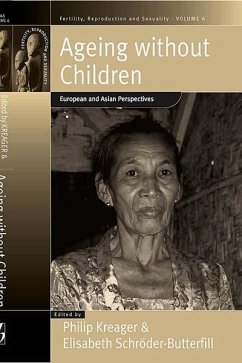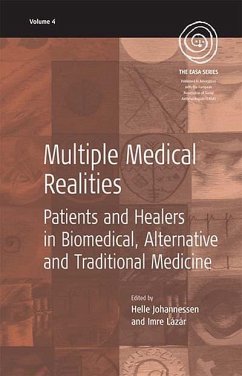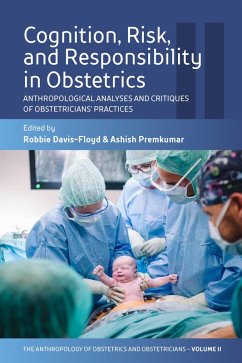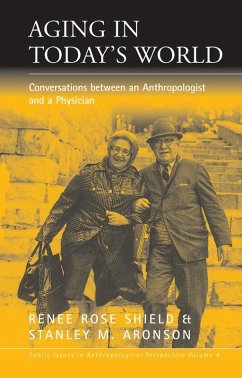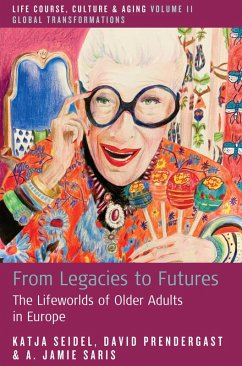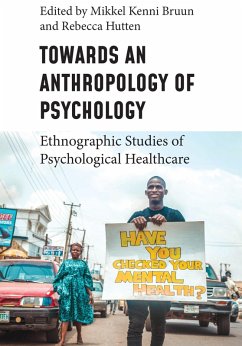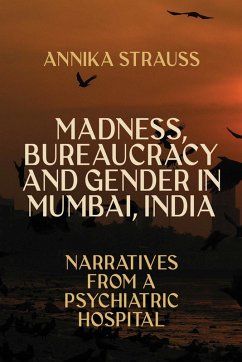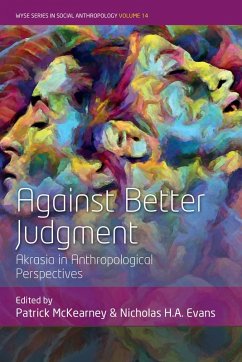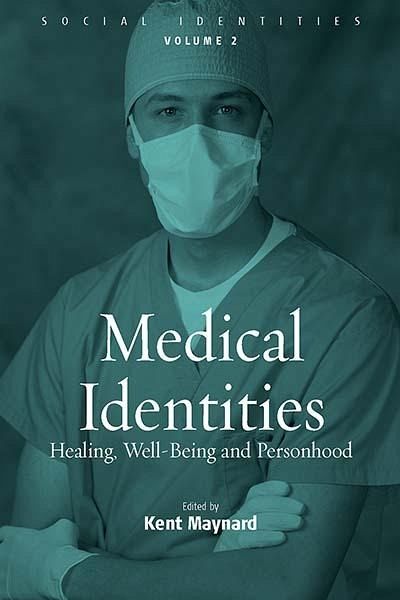
Medical Identities (eBook, PDF)
Healing, Well Being and Personhood
Redaktion: Maynard, Kent

PAYBACK Punkte
9 °P sammeln!
Illness and misfortune more broadly are ubiquitous; thus, healing roles or professions are also universal. Ironically, however, little attention has been paid to those who heal or promote wellbeing. These come in many different guises: in some societies, healing is highly professional and specialized; in some cases, it is more preventative, in others more interventionist. Based on rich and wide-ranging ethnographic data and especially written for this volume, these essays look at how a great variety of health providers are perceived - from traditional healers to physicians, from diviners to n...
Illness and misfortune more broadly are ubiquitous; thus, healing roles or professions are also universal. Ironically, however, little attention has been paid to those who heal or promote wellbeing. These come in many different guises: in some societies, healing is highly professional and specialized; in some cases, it is more preventative, in others more interventionist. Based on rich and wide-ranging ethnographic data and especially written for this volume, these essays look at how a great variety of health providers are perceived - from traditional healers to physicians, from diviners to nursing home providers. Conversely, the authors also ask how healers, or those concerned with wider matters of well being, view themselves and to what degree social attitudes differ in regard to who these people are, as well as their power, prestige and activities. As these essays demonstrate, class, gender, sexuality, ethnicity, or state policy may all play formative roles in shaping the definition of health and wellbeing, how they are delivered, and the character and prestige of those who provide for our health and welfare in society.
Dieser Download kann aus rechtlichen Gründen nur mit Rechnungsadresse in A, D ausgeliefert werden.




